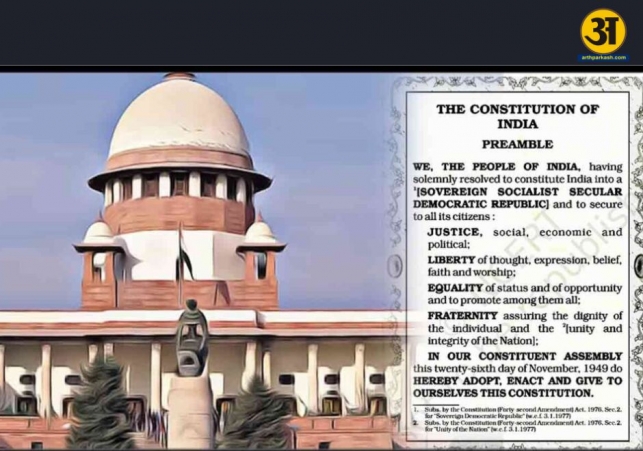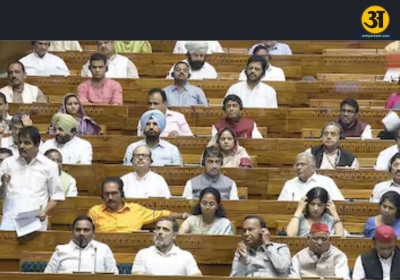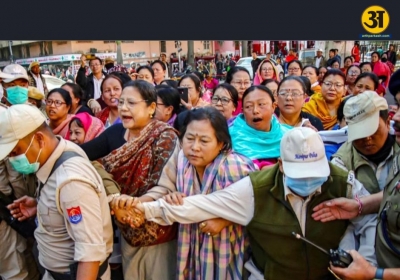
SC verdict today on 'Socialist' and 'Secular' in Preamble
Supreme Court to deliver verdict on validity of 'Socialist' and 'Secular' in Preamble
- By Gurmehar --
- Monday, 25 Nov, 2024
The Supreme Court is set to give its verdict on November 25 regarding challenges to the 42nd Constitutional Amendment. This amendment, introduced during the Emergency in 1976, added the words "socialist" and "secular" to the Preamble of the Constitution. It also included the word "integrity." The amendment has undergone judicial review multiple times since its introduction.
A bench led by Chief Justice Sanjiv Khanna and Justice Sanjay Kumar stated that while some of Parliament's actions during the Emergency were controversial, they could not be entirely dismissed as invalid. “The 42nd Amendment has been judicially reviewed. Not everything done by Parliament during that period can be declared null and void,” Chief Justice Khanna remarked during the hearing.
The court considered arguments from various petitioners, including Subramanian Swamy and advocate Vishnu Shankar Jain, who questioned the validity of adding these terms to the Preamble. Despite their requests, the court decided not to refer the case to a larger bench.
ALSO READ: PM Modi highlights Sparrow conservation efforts on Mann Ki Baat
ALSO READ: Former CJI DY Chandrachud reveals admiration for Cricket legend, calls him ‘Solid’
Debate on ‘Socialist’ and ‘Secular’
The 42nd Amendment expanded the description of India in the Preamble from a "sovereign, democratic republic" to a "sovereign, socialist, secular, democratic republic." This change was made under the leadership of then-Prime Minister Indira Gandhi. However, the addition of these terms has been a subject of debate for decades.
Subramanian Swamy suggested that the terms should be moved to a separate paragraph in the Preamble, instead of being integrated into the original text from 1949. He argued that these changes were supported by the Janata Party government after their introduction.
The bench clarified the interpretation of socialism in India, stating that it refers to a welfare state rather than the stricter definitions seen globally. Chief Justice Khanna noted that India’s model allows for private enterprise to coexist with state-driven welfare programs.
The court also emphasized the importance of secularism, referencing the landmark S R Bommai case from 1994. It reiterated that secularism remains a fundamental principle of the Indian Constitution.
The verdict will likely address the ongoing debate about whether the terms "socialist" and "secular" align with the Constitution’s original framework or represent unnecessary additions made during the Emergency. The decision is expected to reaffirm the core values of the Constitution while considering their historical context.





